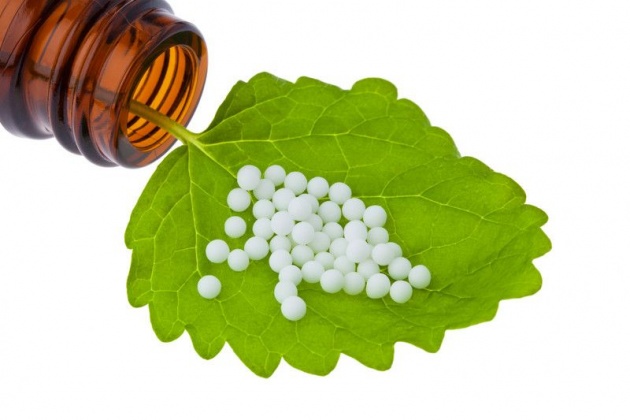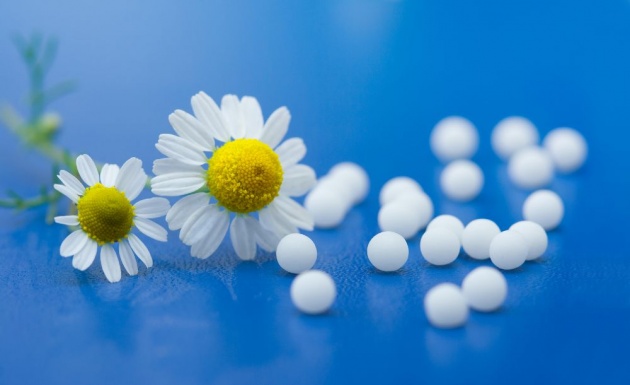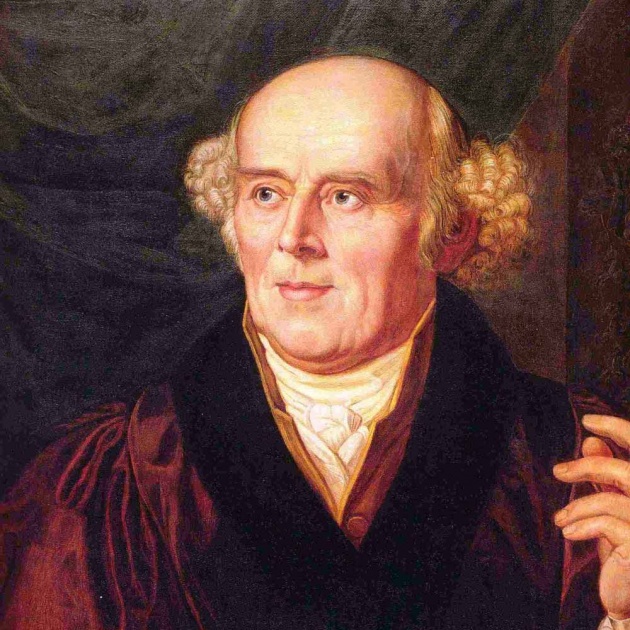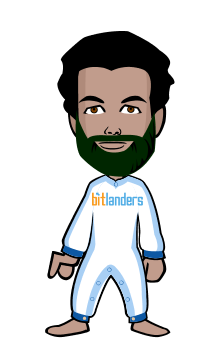Homeopathic Medicine


What is homeopathy..?
Homeopathy (homeopathic medicine) is a system of medicine founded in the early 19th century by a German physician, Dr. Samuel Christian Hahnemann (1775-1843). Classical homeopathy and homeopathic medicine rests on three principles:

The Law of Similars
The law of similars states that whatever would cause your symptoms, will also cure those same symptoms. Thus, if you find yourself unable to sleep, taking caffeine will help; streaming eyes due to hayfever can be treated with onions, and so on. This so-called law was based upon nothing other than Hahnemann's own imagination. You don't need to have a medical degree to see the flawed reasoning in taking caffeine - a stimulant - to help you sleep; yet caffeine is, even today, prescribed by homeopaths (under the name 'coffea') as a treatment for insomnia.
The principle of the single remedy
states that a single medicine should cover all the symptoms the patient is experiencing: mental, emotional and physical.
The principle of the minimum dose
has two parts. First, the homeopathic doctor prescribes only a small number of doses of the homeopathic medicine and waits to see what effect the medicine has. Second, the medicine is given in an infinitesimal dose.
Homeopathy is among the most controversial of alternative medical therapies. Since homeopathic medicine remedies are so dilute that, in many cases, not a single molecule of the active compound remains in the final preparation, many scientists believe therapeutic action is impossible. Others contend that all healing attributed to homeopathic preparations is either a placebo response, or simply a misreading of normal healing that occurs with the passage of time. Double-blind studies involving homeopathic medicine treatment have yielded variable, conflicting results.

Does it work?
Despite being rooted in supersition, ritual and sympathetic magick, the laws devised by Hahnemann are still in use by homeopaths today.
For Hahnemann's Laws to be correct, we would have to toss out practically everything we have learned over the past two centuries about biology, pharmacology, mathematics, chemistry and physics. Illnesses are not effectively treated by administering substances which cause similar symptoms; serial dilution and succussion does not 'potentize' a remedy. Water has no memory, nor any way of using one if it did! Homeopathy could never work in the way Hahnemann described it, but does it work at all?
The most comprehensive review of homeopathic treatments ever conducted was published in the medical journal The Lancet in 2005. The paper analysed every clinical investigation then published into the effects of homeopathy, and concluded that any apparent benefits from homeopathic 'treatments' were simply placebo effects. Homeopathy does not work. This conclusion was supported by the Cochrane Collaboration, an independent global network of medical professionals tasked with examining medical research to determine exactly which treatments are effective.



